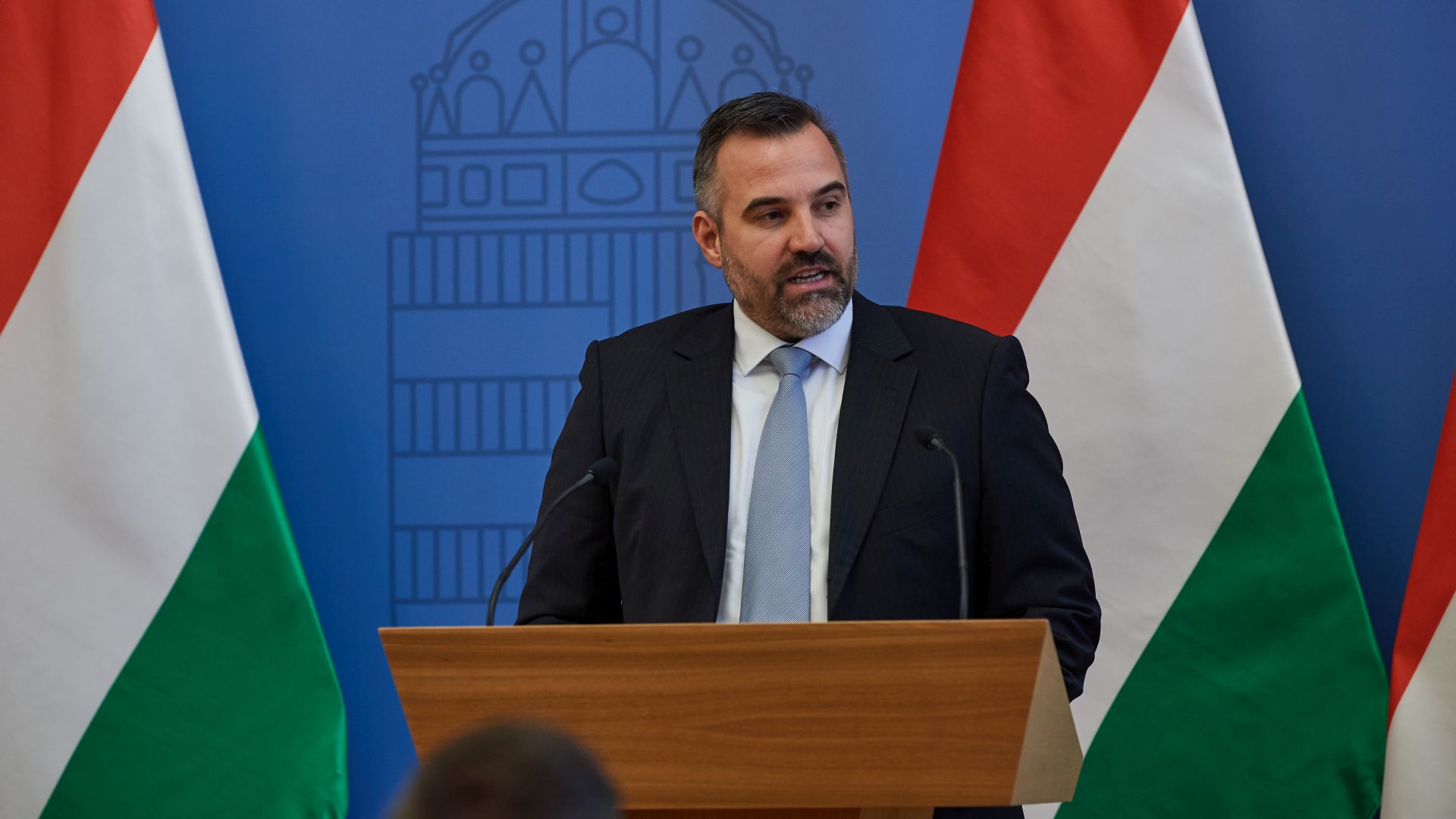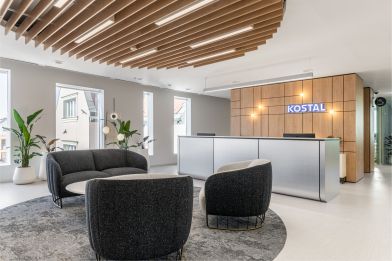
S2G to choose Hungary as its centre for European expansion - VIDEO REPORT
2020. 04. 23.

Support Services Group (S2G) established its first European unit in Budapest. The US business service provider offers customer support in five languages to a leading US streaming service company that entered Europe recently from Hungary, covering eight countries.
With its headquarters in Wako, Texas, Support Services Group (S2G) offers a wide range of business services to more than 60 partners, from classic service centre functions to professional B2B business services and its own CRM system. The group currently employs nearly 4,000 people in 11 customer service centres in the United States, Mexico, the Dominican Republic, Canada and now Hungary.
The management of S2G chose Hungary as the location of its European centre due to its economic and infrastructural conditions. The new service centre opened in March 2020 already employs as many as 250 people, but the staff number is expected to reach 300 this year, supporting the operation of the leading streaming service provider in Europe. The Hungarian project is in accordance with the growth strategy of S2G to further strengthen their European presence.
The business service centre (BSC) sector is one of the most dynamically growing sectors in Hungary today, and the domestic sector is one of the most mature ones in the region. Currently some 120 business service centres are operating in Hungary providing jobs to over 55 thousand people, typically to young persons belonging to generation Y (born between 1980 and 1999), who speak foreign languages and have university degrees, therefore it contributes to retaining the highest possible number of talented and well educated young people in Hungary to a great extent. Due to the high salary, quick promotion opportunities and the possibility to use foreign languages this sector attracts many young people with university degrees: 78% of employees have university or college degrees and the average age is 32 years.
The hubs primarily provide financial, IT, HR and customer service support regionally and globally. Simultaneously with the shift to higher value-added activities, the so-called hybrid centres and centres of excellence are becoming more and more common in addition to traditional models. In addition to the operational transformation, there is a kind of shift geographically, as the rural cities referred to as TIER-2 ones appear more and more prominently on the map of the BSC sector, where more and more offices are opening, mainly based on the presence of universities.



